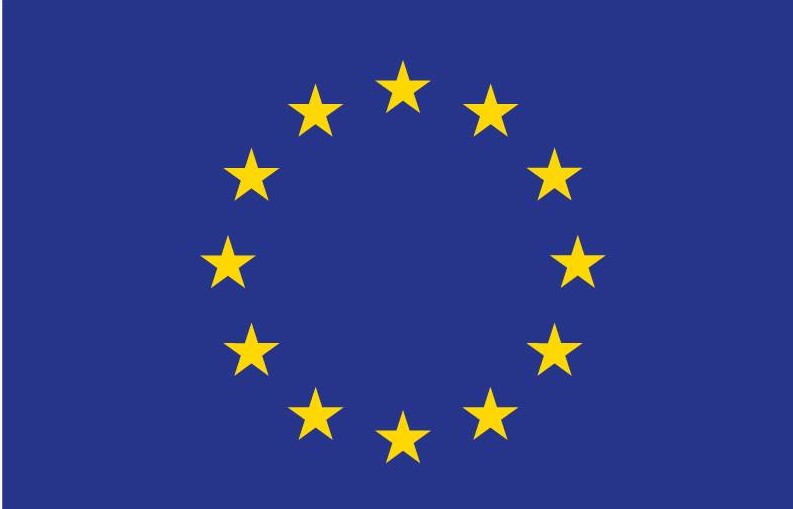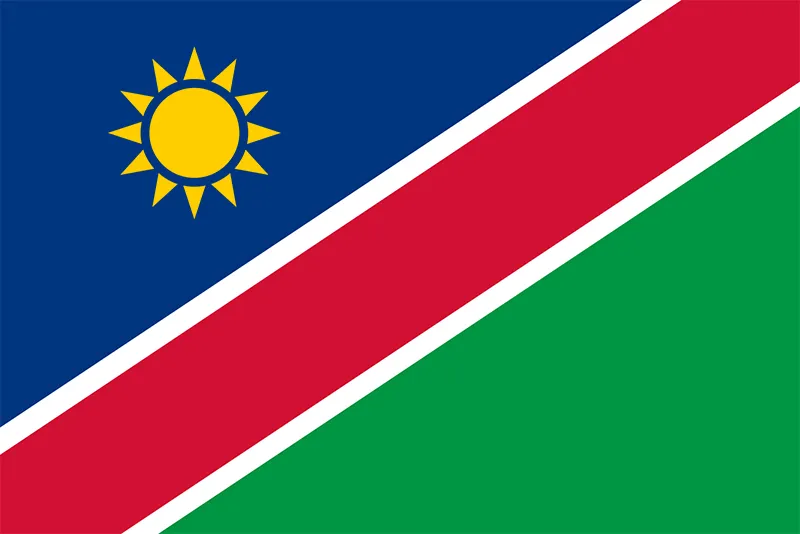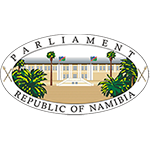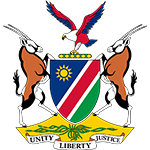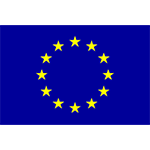Civil Society
In today's world, where societies and their representative democratic systems face numerous challenges and threats, the role of civil society remains an integral part of keeping the wheels of democracy rolling.
What is civil society and what is it good for?
The UN defines civil society organization (CSO) or non-governmental organizaiton (NGO) is any non-profit, voluntary citizens’ group which is organized on a local, national or international level. Task-oriented and driven by people with a common interest, civil society organisations (CSOs) perform a variety of services and humanitarian functions, bring citizens’ concerns to Governments, monitor policies, and encourage political participation at the community level. CSOs provide analysis and expertise, serve as early warning mechanisms and help monitor and implement international agreements, including Agenda 2030 and the Sustainable Development Goals. Typically, they are organized around specific issues, such as the UN pillars of peace and security, human rights, and development .
Civil society plays a crucial role in promoting democracy, human rights, and good governance. The participation of civil society is a crucial element of democracy. The concept Civic participation in governance is probably the fundamental pillar in the promotion and protection of a democratic society. Civil society depend on active citizens to thrive, on volunteers who are passionate about a democratic issue and come together to follow this issue through.
Civil Society is about sharing of information, mutual learning, innovative approaches to social and ecological problems, it is about national and international solidarity, Civil Society is about acting in concert for the sake of the vulnerable, the excluded, those who have no voice to make to make their voices heard.
Civil Society organisations are worldwide in democratic societies recognised as important actors, in authoritarian states Civil society is often oppressed and their members jailed or driven into exile.
The UN has a Civil Society Unit that facilitates the exchange of information and develops partnerships with civil society to enhance their interaction with and understanding of the work of the UN. The Civil Society Unit is within the Outreach Division in the United Nations Department of Global Communications (DGC). It is mandated to link the Organization with civil society organizations (CSOs) that are associated with DGC and to support the department's efforts to disseminate information on the work and role of the UN.
The African Union established The Economic, Social & Cultural Council (ECOSOCC) in in July 2004 as an advisory organ composed of different social and professional groups of AU Member States. The purpose of ECOSOCC is to provide an opportunity for African Civil Society Organisations (CSOs) to play an active role in contributing to the AU’s principles, policies and programmes.
In the European Union Civil society is a key component to the fundamental rights architecture. From supporting people affected by the pandemic to helping those fleeing the war in Ukraine, civil society plays a crucial role in upholding people’s rights. In so doing, it contributes to a healthy rule of law culture.
Civil society organisations face diverse challenges across the globe and need defending by their respective governments.
One of their important tasks is to enable citizens to create more an inclusive society through participatory democracy. This can take many shapes and forms and evolves with our forever changing societies.
Advanced civil society organisations are governed by a set of internal policies which guarantees that the organisation is for it staff and members as well as for clients, beneficiaries, partners and donors a credible organisation
Here is a link to an impressive set of policies by one of Nambia’s most influencial Civil Society organisations the Legal assistance center
Policies - Legal Assistance Centre (lac.org.na)
The Draft Code of Ethics and Conduct for African Civil Society organisations from 2003 defines the following
 Good governance
Good governance
 Organisational integrity and independence
Organisational integrity and independence
 Financial management and accountability
Financial management and accountability
 Management and Human resource commitment
Management and Human resource commitment
 Communication
Communication
Civil Society in Namibia
The National institute for democracy describes civil society as a wide range of organisations, networks, associations, groups and movements that are independent from government and that sometimes come together to advance their common interests through collective action. Traditionally, Civil Society includes all organisations that occupy the "Social Space" between the family and the state, excluding political parties and firms .
To strengthen civil society in Namibia and support the interaction between government and civil society, the NID compiled a guide to provide an overview of the mandate of NGOs and CSOs in Namibia, complemented with the contact details and the sectors in which they are active. FINAL**.indd (nid.org.na)
After independence in 1990 in Namibia, so the National Institute for Democracy, the first democratically elected Government realized the importance of citizen participation based on the role that citizens had played in liberating the country. Government acknowledged the critical role of civil society in development and the reconstruction of the country; as a result, a policy of partnership in development between government and civil society in Namibia was developed.Civil Society in Namibia is divers and has, since Independence gone through different stages of strength, development and degree of self- regulated organisation.
Currently there is no credible national representation of civil society and perhaps it might even be too ambitious to try to set up one structure for all. Civil Society is divers in nature and therefore speaking with one voice might be impossible. Basic unifying characteristics however should be a strong commitment to the universal declaration of human rights, a commitment to democracy, non- violence and gender equality as a minimum common ground.
Useful Links & Documents
| No# | Description | National / International ? |
|---|---|---|
| 1 | Civic +264 | |
| 2 | Namibia Legal Information Institute | |
| 3 | YOUTH & DEMOCRACY: Namibian youth, democracy and politics: An overviews | |
| 4 | Civil society | Citizenship | High school civics | Khan Academy - YouTube | |
| 5 | ShackDwellers Namibia |

The Namibian Parliament, in partnership with the EU-funded Enhancing Participatory Democracy in Namibia (EPDN) Programme is seeking to increase public engagement and participation of civil society and the general public in the work of Parliament.
OUR PARTNERS
© Copyright EPDN
